Our mouth has many uses for us. We eat, talk, or breathe 24 hours a day. Lack of attention to oral hygiene can lead to tooth decay, gum disease, cavities, and even oral cancer. Much has been said about teeth, but while it makes no sense to have strong teeth without healthy gums, gums are often forgotten.
Here are some tips to keep your gums and teeth healthy in kindergarten and elementary school: Brush your teeth, floss, and use mouthwash at least twice a day. But you, as an adult, must adhere to a higher level of these basic health principles to get better results.
1- Brush and floss properly twice a day. Everyone brushes, but many people do not do it properly or do not use floss. Brushing should take at least two minutes. Toothpaste containing a whitening agent does not make your teeth stronger. In fact, the whitening agent slowly destroys your enamel and makes them weaker.
You can also buy an electric toothbrush that works with a timer and spins more per minute than a manual toothbrush. Toothbrush and floss should be used together. Flossing is not just about removing food particles from your teeth, it is also about paying attention to your gums. Cavities and tooth decay are not just caused by sweets, but also by the food left in the teeth, especially bread and cereals, which are converted to sugar and absorb the bacteria that cause tooth decay.
2- Use mouthwash. The human mouth is full of germs and bacteria, including bacteria that cause bad breath, plaque, and gingivitis. In addition to toothbrushes and floss, you should use disinfectant detergents that help prevent the buildup of plaque and plaque. Plaque and plaque also destroy your enamel and weaken your teeth. Plaque and plaque can also accumulate on the gum line and cause gingivitis (gingivitis is a mild gum disease that causes bleeding gums). If your gums bleed after brushing or flossing, you need to improve your oral hygiene immediately. See your dentist if the bleeding gets worse or lasts for more than a few days.
3- Change your toothbrush regularly. Toothbrushes contain bacteria and become useless after a few months. Buy a new toothbrush when the bristles are bent and worn, or change the toothbrush head if you use an electric toothbrush.
4- Have a healthy diet. What we eat forms our body, so choose the right foods that do not damage our teeth. It’s normal to eat high-risk foods from time to time, but a regular diet of sugary foods can do a lot of damage to your mouth, especially if you don’t brush or floss regularly.
What you need to eat to have healthy and strong teeth:
- Get enough calcium. Calcium is not only good for bones but also for teeth. The teeth are located in the jawbone. The weakening of this bone causes the teeth to loosen. So get enough calcium by eating dairy products like yogurt, milk, and cheese, which are high in calcium, as well as fish like sardines, tuna, and salmon.
- Get enough vitamin C. Vitamin C is essential for oral health and is also anti-disease. This vitamin strengthens the blood vessels of the oral connective tissue, which strengthens the teeth in the gums. It is also anti-inflammatory and prevents gingivitis. You can take vitamin C supplements or fruits, vegetables and legumes.
- Drink water and green tea. Water rinses the mouth and teeth and removes food left between the teeth. After eating, if you cannot brush, be sure to gargle. Green tea is antibacterial. Drinking green tea prevents tooth decay. It also causes less discoloration of the teeth.
See a dentist. Your teeth should be cleaned at least once every six months. In addition, you should see a dentist whenever you experience abnormal pain with discomfort in your mouth.



